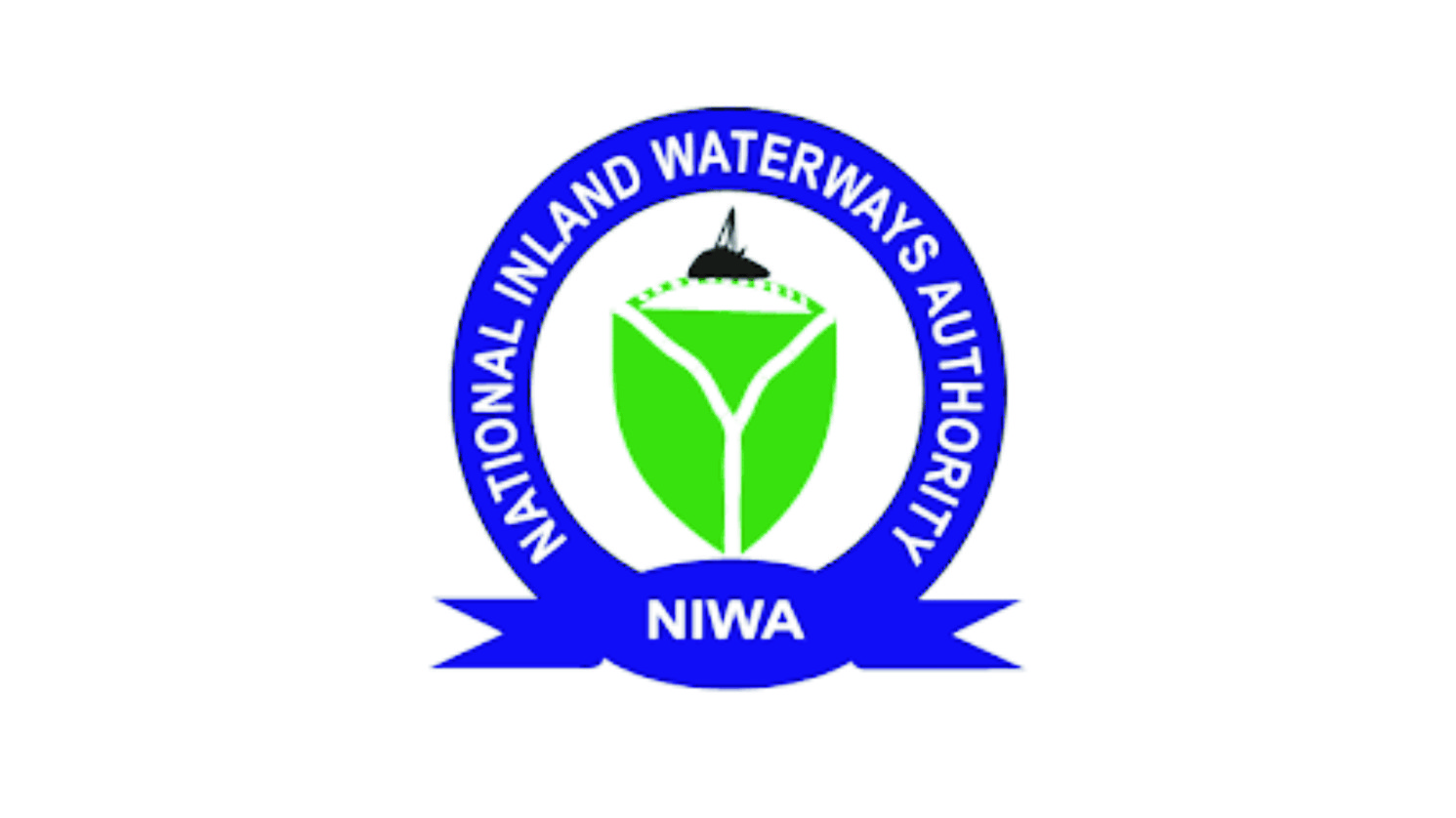Business
AfDB, Investors Plan To Close $67bn Deals
Investors and partners of the African Investment Forum are working on closing investment transactions worth $67 billion at the second edition of the forum, which kicked off on Monday in Johannesburg.
The President, African Development Bank (AfDB), Dr Akinwumi Adesina, disclosed this at a press conference on Monday to announce the beginning of the forum.
The $67 billion worth of transactions is $24 billion more than the $43 billion projects that the first edition of the forum opened with in November 2018. The 2018 forum ended with $37 billion worth of deals, and Nigeria accounted for $7 billion transactions.
Adesina said 2,086 participants drawn from 109 countries across the world were participating at the forum, adding that 61 of the participating countries were not from Africa.
According to the AfDB boss, 59 transactions across several sectors, including energy, sanitation, water, infrastructure, agribusiness, private equity funds and ICT development, are expected to be sealed within the three-day duration of the forum.
He said investments were expected to happen in 29 countries that had submitted projects.
Adesina said, “We are trying to make sure that investments go into low-income and fragile states.”
Giving a regional analysis of the prospective deals, Adesina said $36 billion were located in Southern Africa; $14 billion in Central Africa; $10.5 billion in West Africa; $2.6 billion in North Africa, and $1.3 billion in East Africa.
He named Telo DB, a South African company, as the champion company for investment deals within the forum.
Answering a question on agriculture, the AfDB boss said although agriculture was a big business, it had been treated with little concern in the continent.
He said because of the special place agriculture should occupy in the continent, the AfDB would invest $25bn in the sector in the next 10 years.
In an opening remark, Adesina said, “We will work with our partners to syndicate more and leverage capital. Together, through the Africa Investment Forum, we will speed up the development of bankable projects, secure financing, and accelerate financial close for projects.”
Business
Agency Boss Seeks Improvement In Revenue Collection, Accountability

The Managing Director of National Inland Waterways Authority (NIWA), Mr. Bola Oyebamiji, has called on the management and staff of the brown water regulatory agency to show renewed commitment to boosting revenue generation, enforcing accountability, and improving operational efficiency of the organisation.
Oyebamiji, who made the call recently while declaring open a retreat for NIWA’s top executives and stakeholders in the industry in Lokoja, Kogi State, stressed the need for improved performance across all NIWA offices, particularly in revenue generation.
He expressed concern over the under performance of some area offices, citing cases where annual revenue figures were as low as one or two million Naira.
“This situation is simply unacceptable. Despite management’s provision of resources, incentives, and training opportunities, the expected results were not achieved.
“Moving forward, stricter measures will be enforced to ensure accountability and drive performance”, Oyebamiji stated.
He further addressed the challenges in debt recovery, revealing that many Area Managers failed to cooperate with the debt recovery consultant appointed in 2024.
He said in some instances, debtors were either untraceable or provided inconsistent financial records, making recovery efforts difficult.
“This negative attitude towards financial accountability will no longer be tolerated”, he warned.
The retreat, which brought together key stakeholders including the honourable Minister of Marine and Blue Economy, the Chairman of the House Committee on Inland Waterways, the NIWA Board, Management staff, and security personnels, aims at providing a comprehensive review of the authority’s 2024 performance and establish strategic targets for 2025.
Oyebamiji emphasized that beyond reviewing past performance, the retreat would also focus on capacity building and teamwork to ensure that every officer is well-equipped to meet the set goals.
“This retreat is not just about evaluating past performance, it is about strategizing for the future. I encourage all participants to engage actively, exchange ideas, and work collectively towards making NIWA a leading agency in the marine and blue economy sector”, he concluded.
The two-day retreat featured panel discussions, training sessions, and interactive engagements aimed at strengthening NIWA’s operational framework and fostering a culture of efficiency, accountability, and innovation.
Nkpemenyie Mcdominic, Lagos
Business
NCDMB Scribe Sues For African Collaboration Strategy On Local Content …… Decries Fragmented Implementation
The Executive Secretary of the Nigerian Content Development and Monitoring Board (NCDMB), Engr. Felix Omatsola Ogbe, has charged sub-Saharan African nations to keep pace with unfolding trends in the global oil and gas industry.
He also charged them to adopt a unified approach in strengthening local content development, advancing industrialisation and fostering sustainable continent-wide economic growth.
Ogbe stated this in a keynote address he gave at the 9th Sub-Saharan African International Petroleum Exhibition and Conference (SAIPEC), in Lagos, last Tuesday.
According to him, nations such as Nigeria, Angola, and Ghana have made notable strides in local content development by boosting indigenous participation in the oil and gas sector.
He, however, expressed regret that fragmented implementation continues to hinder collective progress.
The NCDMB scribe called for a collaborative strategy among petroleum-producing nations in sub-Saharan Africa that would foster the sharing of best practices and enhance cross-border partnerships that could drive the competitiveness of indigenous players.
In his paper entitled “Sub-Saharan Africa Local Content Collaboration Strategy”, Engr. Ogbe identified harmonisation of local content policies, human capital development, investment in infrastructure, funding for local companies and technology transfer, as key pillars to Africa’s collaboration strategy.
He noted that “there is a need to develop a robust local content framework that positions the region for long-term economic prosperity”, and that this could be fostered “through the collaborative efforts of the African Petroleum Producers Organisation (APPO), and the United Nations Economic Commission for Africa and the African Union”.
The NCDMB boss also highlighted the importance of the African Continental Free Trade Agreement (AfCFTA) as a critical legal framework that could be leveraged to achieve collaborative local content strategy in Africa, given the free trade area it has created by integrating 1.3 billion people across 54 African countries with a combined gross domestic product of over $3 trillion.
On human capital development, which he described as “pivotal to the successful implementation of local content”, he observed that approximately 60% of Africa’s population is currently under the age of 25, and that this teeming population provides a unique opportunity to fast-track development.
Ariwera Ibibo-Howells, Yenagoa
Business
ICTN Not Threat To Trade Efficiency – SEREC … Blames Unregulated Charges, Others
The Sea Empowerment and Research Centre (SEREC) has in strong terms countered claims that the proposed International Cargo Tracking Note (ICTN) is detrimental to Nigeria’s economy.
Contrarily, SEREC said rather, it’s unregulated charges, informal levies, and multiple taxation that pose a far greater threat to trade efficiency and port competitiveness.
In a recent publication, SEREC expressed concern over the misrepresentation of ICTN’s role, particularly in media reports suggesting it would “kill the economy”.
The research center emphasised that ICTN, if properly implemented, would add real value to the port system by enhancing trade transparency, streamlining import statistics, and improving regulatory oversight.
“If we are sincerely concerned about charges that are ‘killing the economy,’ then our focus should be on the various hidden and unregulated costs currently imposed on shippers”, SEREC’s Head of Research, Eugene Nweke, siad.
SEREC provided a detailed breakdown of excessive charges affecting shippers.
These charges, according to the Centre, significantly contribute to inefficiencies in Nigeria’s port system, increasing the cost of trade and making logistics unpredictable.
One of the major concerns raised in the publication is the “Seven per cent Port Development Levy”, which continues to be collected despite the port concession regime.
In addition, “various unregulated terminal handling charges, positioning fees, scanning fees, and labour costs” have further added to the financial strain on shippers.
The “ETO Trucking Fee”, set at N100,000 per truck for entry and exit at terminals, is another significant burden, the Centre noted. Meanwhile, “arbitrary trucking costs” which are unilaterally determined by service providers create further unpredictability in the logistics chain.
SEREC also highlighted the issue of “informal payments and settlements”, which it said involved “unreceipted fees” at different cargo clearance points.
These hidden costs, coupled with “security agency tolls” allegedly imposed by government security operatives along cargo routes make cargo movement more expensive. Additionally, the Centre criticised the “state-favourably on the global stage.”
Given these arguments, SEREC is calling for the “immediate implementation of ICTN” to restore order and efficiency in Nigeria’s port system.
The research Centre argues that ICTN should not be grouped with arbitrary charges but should be seen as a “structured, value-adding fee with a clear function”.
Nweke assured that “by the time the implementation fully runs through a period, the effects and contributions to the port system and its impact is felt by all, then, those who are initially in doubt of the effectiveness of the ICTN would have no option but to embrace and appreciate the enabling device (ICTN)”.
-
News5 days ago
Tinubu’s Govt Ready To Work With Labour -Shettima
-

 Featured5 days ago
Featured5 days agoSenate Passes N54.9trn 2025 Appropriation Bill
-
Entertainment5 days ago
Actor Uche Maduagwu Slams Tuface For Proposing Marriage To Natasha
-
Sports55 mins ago
NPFL : Finidi Optimistic To Get Three Points In Uyo
-
Politics5 days ago
Rivers Assembly Tasks LGAs On Youth Restiveness …Confirms Assembly, LG Service Commissions
-
Nation5 days ago
I Was Never Suspended As LP Chairman-Dokubo
-

 News5 days ago
News5 days agoECOWAS Court Orders Nigeria to Pay N52m compensation to Rivers, Lagos Evictees
-
Entertainment5 days ago
Toyin Lawani Cries Out Over Side Effects Of Epidural

